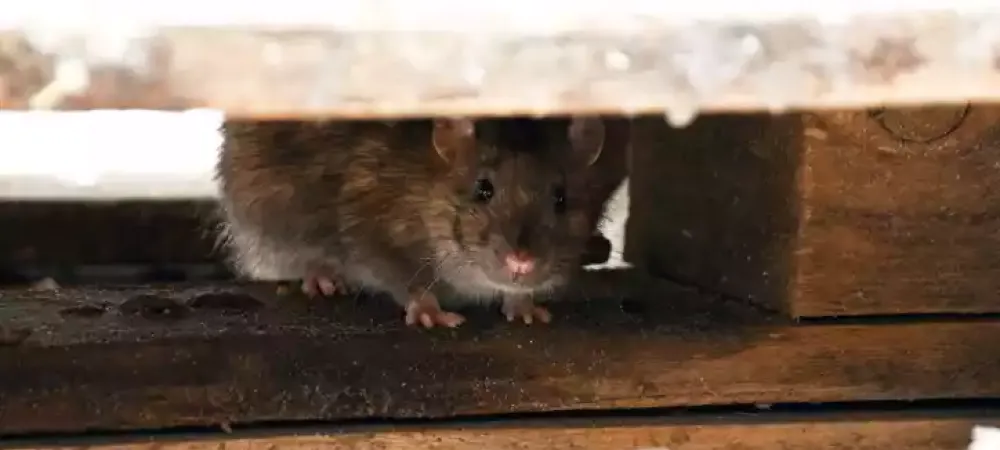Rodent-Proofing Your Home Before Winter

As temperatures drop across North Carolina, rodents like mice and rats start looking for warm, safe places to spend the winter. Unfortunately, that often means your home. Rodents can cause serious problems, including:
- Structural damage from gnawing
- Contaminated food and surfaces
- Disease transmission to pets and humans
By taking proactive steps now, you can protect your home from unwanted visitors and avoid costly damage later. This guide covers how to identify rodent activity, seal entry points, use DIY prevention strategies, and when to call in professionals.
Signs of Rodent Activity
Early detection is key. Watch for the following warning signs:
Droppings and Urine
- Small, pellet-like droppings in corners, cupboards, or under appliances
- Urine may leave stains or odors in hidden areas
Gnaw Marks
- Chewed wires, furniture, or baseboards
- Damaged insulation in attics or crawl spaces
Sounds
- Scratching, scurrying, or squeaking at night
- Rodents are most active after dark, so listen carefully
Nests
- Shredded paper, fabric, or plant material in hidden spaces
- Often located in attics, basements, or wall cavities
Common Entry Points in Homes
Rodents can squeeze through surprisingly small gaps. Check your home for these common access points:
- Cracks and holes in foundations or walls
- Vents, chimneys, and dryer exhausts
- Gaps under exterior doors or around windows
- Attic and roofline openings
Even a hole as small as 1/4 inch can be an entry point for mice, so a thorough inspection is essential.
DIY Rodent-Proofing Techniques
Seal Gaps and Holes
- Use steel wool, caulk, or metal mesh to block entry points
- Inspect the foundation, roofline, and vents
Install Door Sweeps
- Prevent rodents from slipping under exterior doors
- Check that doors close tightly and gaps are minimal
Yard Maintenance
- Keep shrubs and tree branches trimmed away from your home
- Remove piles of leaves, debris, or firewood close to walls
- Maintain a clean compost area
Safe Traps and Bait
- Snap traps or live traps for small infestations
- Place traps in hidden areas, away from pets and children
- Always follow product instructions for safety
Professional Rodent Control Options
Sometimes DIY measures aren’t enough, especially with larger infestations. Professional rodent control offers:
- Expert inspection: Identify all entry points and nesting areas
- Guaranteed treatment: Baiting, trapping, and exclusion services
- Ongoing monitoring: Reduce the risk of future infestations
- Safe handling: Professionals know how to apply rodenticides without harming pets or family
Hiring an expert ensures that rodents are fully removed and won’t return once the cold weather arrives.
Preventive Yard & Landscaping Measures
Beyond the home itself, your yard can be a hotspot for rodents. Preventive tips include:
- Trim shrubs and remove thick groundcover near the house
- Store firewood at least 20 feet away from structures
- Secure compost bins and remove fallen fruit or seeds
- Keep outdoor garbage in sealed containers
A well-maintained yard reduces hiding spots and food sources for rodents.
Rodents can quickly turn your winter into a headache if left unchecked. By inspecting your home, sealing entry points, using DIY strategies, and calling professionals when needed, you can keep mice and rats out all season long.
Start rodent-proofing your home now with our rodent control services and learn more about identifying local pests in our post Common Rodents in Charlotte.
